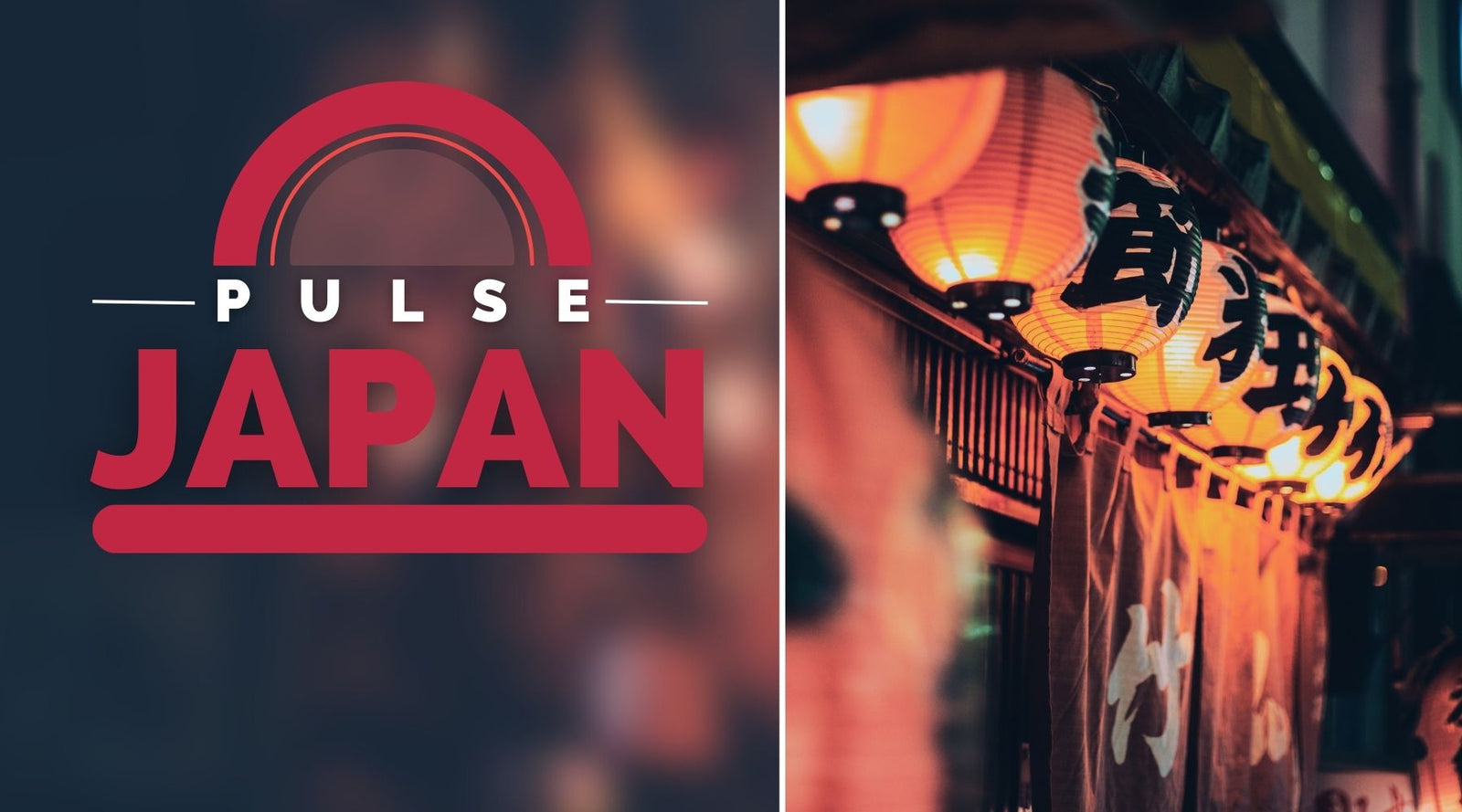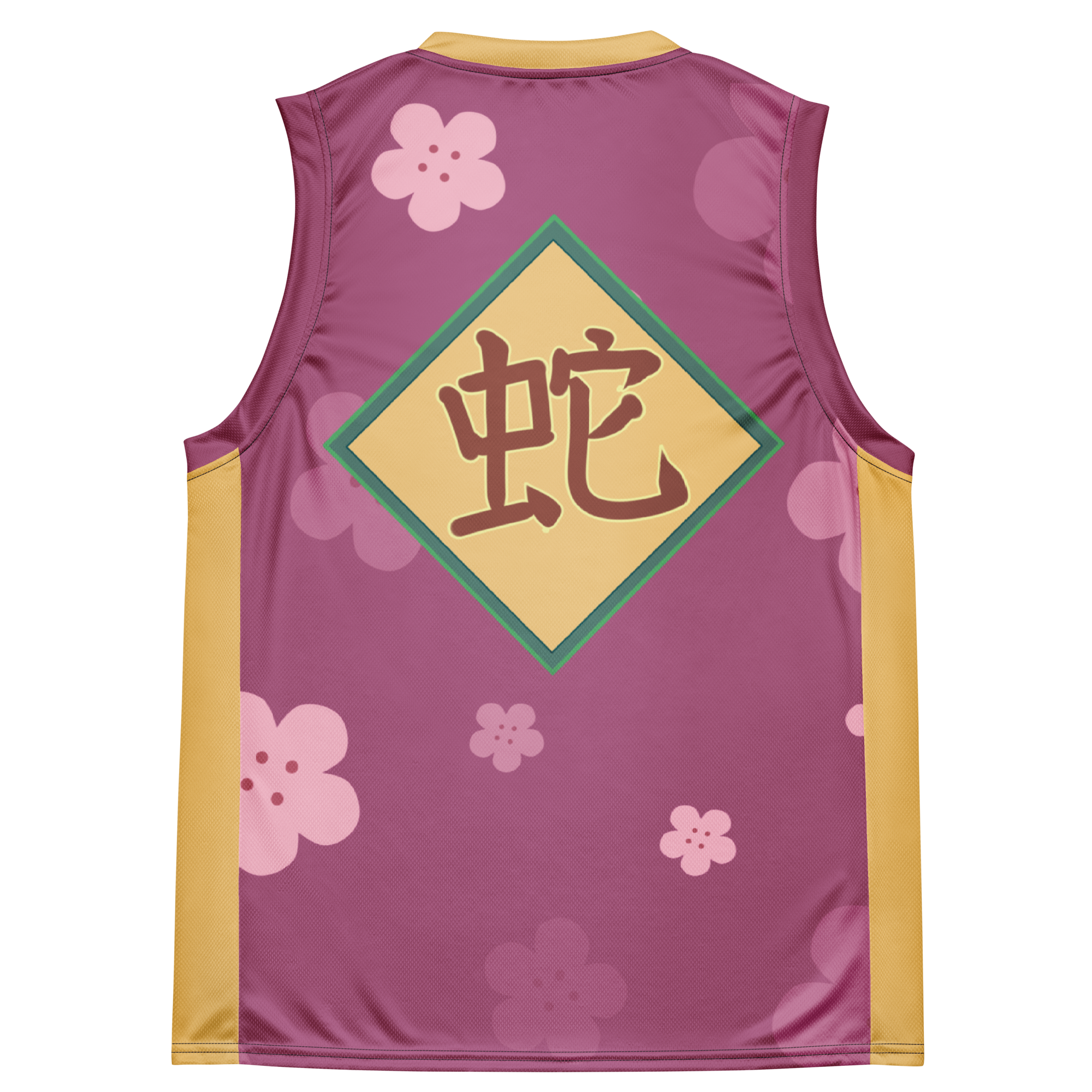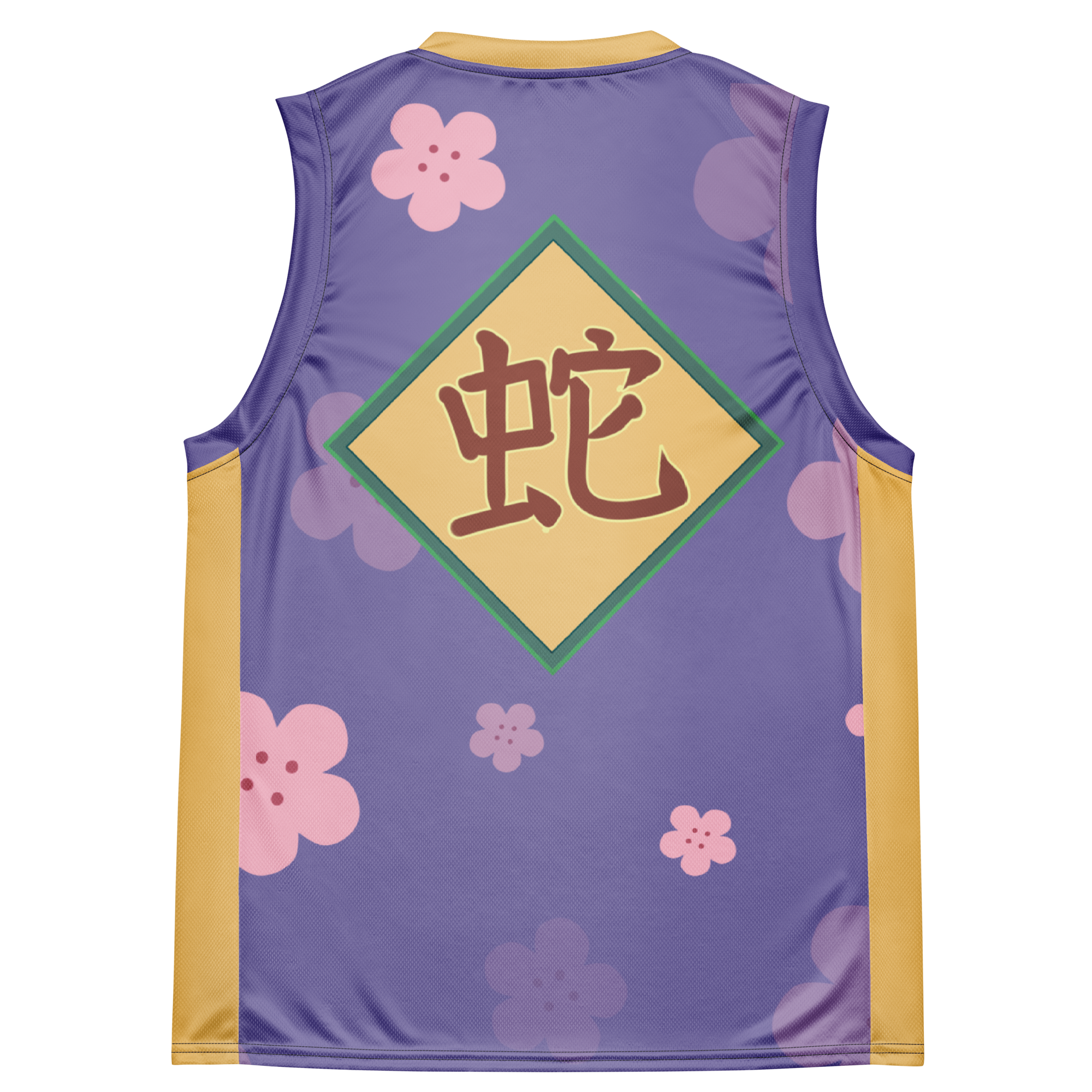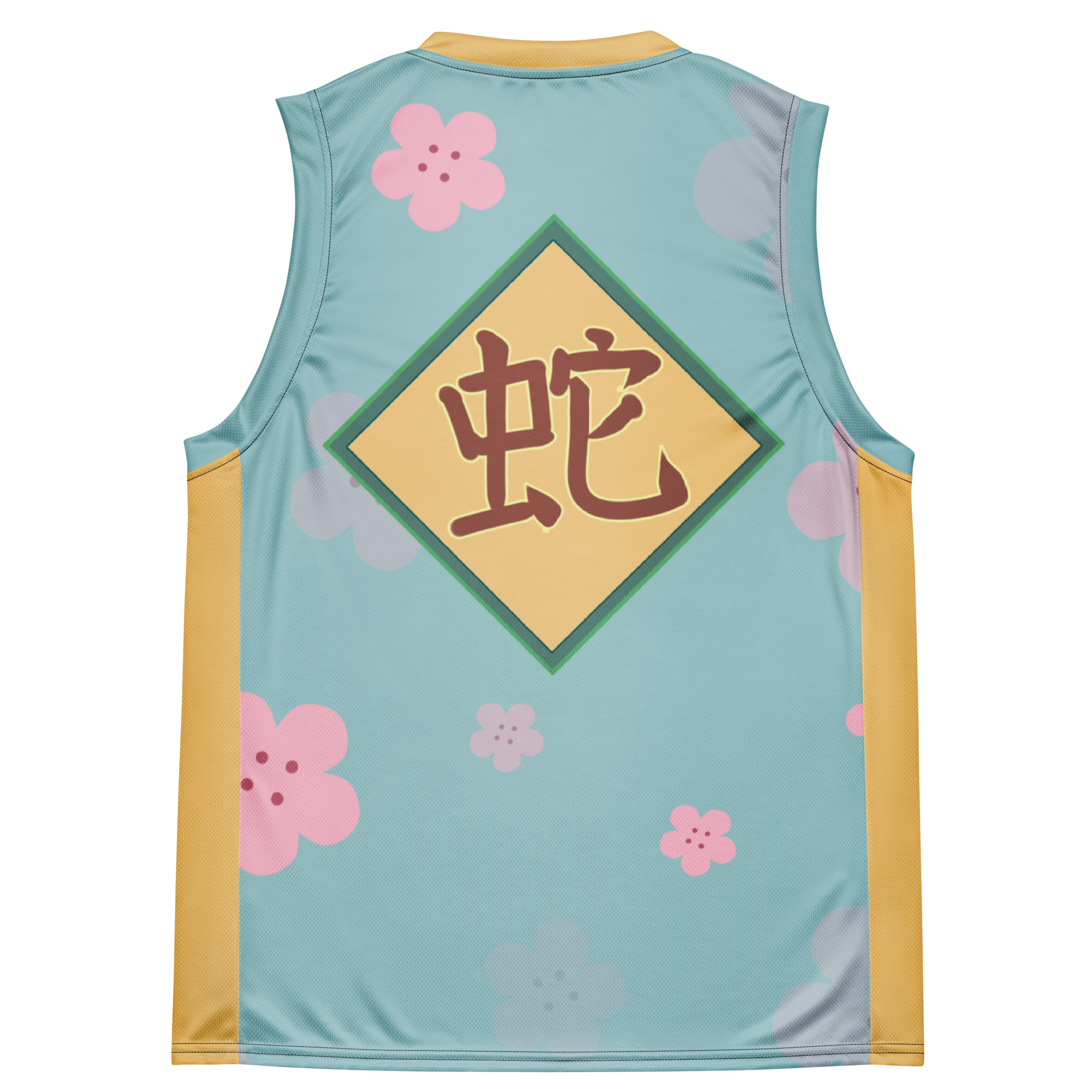5 Shocking Japanese Customs That Would Never Fly in America

It's no secret that Japan and the United States are worlds apart when it comes to culture. While both nations boast rich histories and unique traditions, their societal norms and daily practices can be starkly different. These differences can lead to some fascinating—and sometimes shocking—revelations for those not accustomed to the other's way of life.
Japan, for example, is a collectivist society where group harmony is paramount, and social norms dictate much of daily behavior. On the other hand, the United States values individualism, freedom of choice, and personal expression. These foundational disparities shape a variety of customs and practices that might appear bewildering when viewed from across the pond.
For Americans, who are used to a certain level of personal space, freedom, and directness, some Japanese customs can be particularly surprising. Imagine walking into a restaurant and placing your personal belongings on a table to reserve it without fear of theft—a practice that would raise eyebrows and concerns in many parts of America.
Or consider the sight of young children commuting to school alone with a level of independence rarely afforded to their American counterparts. Each of these customs is rooted in deep-seated cultural beliefs and societal structures that differ greatly from what’s typical in the U.S.
To navigate this cultural maze and highlight some eye-opening practices, we will explore five Japanese customs that might leave Americans scratching their heads—or perhaps intrigued and inspired.
Teaser for the 5 Customs to Be Discussed
-
Leaving Personal Belongings Unattended in Public: Discover how trust and social norms enable Japanese people to leave their possessions in public spaces without much worry.
-
Children Commuting to School Alone: Learn about the Japanese custom of young kids traveling independently and the community's role in ensuring their safety.
-
No Tipping Culture: Understand why tipping is virtually nonexistent in Japan and how this affects service quality and worker compensation.
-
Strict Workplace Hierarchy: Delving into the rigid social hierarchies that prevail in Japanese workplaces, contrasting with the more casual and flexible American corporate environment.
-
Public Bathing Customs: Uncover the Japanese tradition of communal bathing and its cultural importance, in stark contrast to American norms around privacy.
This exploration isn’t just about highlighting differences. It’s also a way to foster mutual understanding and appreciation of diverse cultural landscapes. Whether you’re planning a trip to Japan, hosting Japanese guests, or simply curious about different ways of life, recognizing these customs can enrich your perspectives and experiences.
As we dive into these fascinating practices, let's keep an open mind and remember that what might seem unusual or shocking to one culture can be perfectly ordinary and valued in another. With that said, let’s embark on this cultural journey, starting with the custom of leaving personal belongings unattended in public spaces.
1. Leaving Personal Belongings Unattended in Public
Ever thought about leaving your phone or laptop on a coffee shop table while you step away for a bit? If you're in Japan, this practice is surprisingly common and speaks volumes about the local culture.
Imagine grabbing a seat in a trendy Tokyo café. Spotting an empty table, you might see a bag or small item left behind. This isn’t a forgotten possession; it's a "reserved" sign. Unlike in many other countries, where this might happen, the owner expects to return and find their belongings exactly where they left them. Yes, even in bustling cities like Tokyo, leaving your personal belongings to mark your territory is a norm.
Now, think about doing the same thing in America (spoiler alert: some parts of the United States would be an automatic nope). In the U.S., the first immediate thought for tons of Americans that comes to mind is often, "Will my stuff get stolen?" The idea of leaving valuables unattended makes many Americans anxious. From social media to personal experiences, leaving your stuff wide open and unattended would be a sign of thieves of "free real estate" to take your things without a hesitation nor a second thought.
In stark contrast, Japan's societal norms and low crime rates provide a sense of security that’s hard to fathom for many foreigners.
America’s high concerns about theft come from different social settings and crime statistics. As New Thinking points out, Japan has a significantly lower crime rate than the U.S. Theft, even in urban areas, is relatively uncommon. This difference in outlook has a lot to do with not just crime rates, but deep-seated cultural values.
Why is Japan so different? It boils down to trust and the unwritten social rules that everyone follows. Japanese society places a high value on maintaining harmony and trust. According to Quora, there's an ingrained cultural element called "kokuminsei," or national character, which includes a disposition towards honesty and social responsibility.
Items left behind are rarely stolen; they're more likely to be turned into the nearest lost and found or left untouched until the owner returns.
This trust extends deeply into the fabric of Japanese life. As seen in the SoraNews24 experiment, even items like laptops and smartphones, which are prime targets for theft elsewhere, are left untouched. This isn’t a reflection of naivety, but rather a testament to mutual respect within society.
When visiting Japan, this custom may stir a mix of surprise and admiration. It offers us a glimpse into the collective societal trust that many of us yearn for but find elusive in more individualistic cultures.
This Japanese practice leads us to ponder deeper societal norms and values, setting the stage to discuss yet another surprising custom: Japanese children commuting to school alone.
2. Children Commuting to School Alone
One of the most striking customs in Japan is the practice of young children commuting to school alone. In Japan, it's common to see elementary school students, as young as six, confidently walking to school or taking public transportation without adult supervision. This custom can be astonishing to Americans, who prioritize child supervision and safety much more heavily.
Why do Japanese children commute by themselves? The answer lies in Japan's cultural emphasis on fostering independence from an early age. Children are encouraged to explore their surroundings and develop a sense of self-reliance. In fact, schools and parents work together to ensure children can safely navigate their daily commutes.
Parents teach their kids how to cross roads safely and identify various safe places, like convenience stores, should they need help (Kids Web Japan). In fact, there was even a TV show called My First Errand (初めてのおつかい Hajimete no Otsukai) showcasing kids as young as 3 years old going to do their first errand around their small town (the same TV show that would make American parents wet their pants to even let their kids the same age go outside the front lawn by themselves).
Japan's incredibly low crime rates also play a significant role in this custom. With one of the lowest murder rates globally, Japanese parents feel relatively safe allowing their kids to commute alone. More importantly, there's a strong sense of community responsibility.
In Japan, it is widely believed that every child is a responsibility of the entire community. Neighbors and local volunteers often keep an eye out for children during their commutes, reinforcing a network of safety (The Wire).
Comparing this with the American practice reveals stark differences. In the U.S., child safety is a paramount concern, and children rarely commute to school alone at such a young age.
American parents usually escort their children to school or oversee them as they wait for the school bus. The idea of young children navigating bustling city streets or changing trains without supervision is almost unthinkable. This disparity stems, in part, from higher crime rates and a less pronounced sense of community responsibility in many American locales (Bloomberg).
Furthermore, the Japanese educational system encourages group activities and cooperation from an early age. This collective mindset helps children learn to rely on one another and integrate smoothly into community life.
First graders often wear special yellow patches on their uniforms to signify they're new at commuting alone. Adults in the community are more vigilant and willing to assist these young commuters (FSI Stanford).
While this custom might seem risky to outsiders, it underscores a robust culture of trust and interdependence in Japanese society. The practice of children commuting to school alone highlights how different cultural frameworks shape parenting and community involvement.
Reflecting on these differences allows for deeper appreciation and understanding, paving the way for enriched mutual experiences. This sense of rich cultural diversity leads us to explore another fascinating facet of Japanese daily life.
3. No Tipping Culture
One of the most surprising aspects for many American travelers in Japan is the absence of a tipping culture. While in the U.S., tipping is an integral part of dining or any service experience, in Japan, it is virtually non-existent.
The Japanese believe that providing excellent service is a baseline expectation, not something that requires additional financial acknowledgement. Therefore, if you attempt to tip, it will likely be politely refused, and in some cases, it may even be viewed as an insult.
On the flip side, the tipping norms in America are deeply embedded in the culture. Generally, Americans are expected to tip between 15% to 20% on their restaurant bills, with a higher percentage for exceptional service (Bankrate). In fact, nowadays, tipping culture tends to be a lot more aggressive in American culture than ever before. There are constant memes and stories about people asking for tips for anything outside of hospitality jobs such as restaurants and hotels.
This expectation extends beyond dining to include services like bartending, hotel assistance, taxi rides, and more. Failing to tip, or tipping inadequately, is often seen as a breach of social etiquette.
The absence of tipping in Japan does not correlate with a lack of appreciation for high-quality service. Rather, it underscores a different philosophy towards labor and compensation.
In Japan, quality service stems from a deep-rooted cultural value of taking pride in one's work. Employees are motivated by a sense of personal dignity and social responsibility, not by the prospect of extra monetary rewards (Reddit) and (Quora).
The service industry in the United States is significantly bolstered by tips. For example, federal laws allow employers to pay tipped workers as little as $2.13 per hour, banking on tips to make up the difference (Qantas).
By contrast, Japanese workers typically receive a salary that reflects their work commitment without the necessity of tips (Interac Network). This method ensures a stable income and reinforces the idea that good service is not an exception but a standard.
When tipping is not customary, it also eliminates the potential awkwardness and inequality it can sometimes bring. In Japan, giving a tip might suggest that the employer does not compensate their employees sufficiently, which could be awkward for the recipient.
Instead, showing gratitude through verbal appreciation or small gifts can be a thoughtful alternative (NerdWallet).
As we explore these fascinating cultural distinctions, it becomes clear that these customs are deeply woven into the fabric of each society. Next, we turn our gaze to another aspect that exemplifies the differences in workplace dynamics between Japan and America.
4. Strict Workplace Hierarchy
Japanese corporate culture is renowned for its rigid social hierarchy, which starkly contrasts with the more casual workplace environments found in America. This hierarchy is deeply ingrained in Japanese society and significantly influences workplace interactions, communication, and decision-making processes.
Japanese workplaces emphasize a structure where respect for senior employees, based on age, experience, and position, is paramount. This system is known as "seniority-based hierarchy" and entails showing deference through actions like using proper titles, polite language, and bowing.
For example, in meetings, it's crucial to address senior members with their titles, ensuring respect is visibly accorded (Hofstede Insights).
This hierarchical setup can be likened to a pyramid with clear levels of authority, starting from the lower ranks and culminating at the top with senior executives. In this structure, age and tenure often supersede merit in determining one's position and influence within the company.
This norm promotes a harmonious work environment where roles and expectations are well-defined (LibGuides).
The hierarchical nature of Japanese workplaces profoundly affects communication. It provides a structured way for interaction, ensuring proper flow of information between employees and departments. This can also mean that junior employees may hesitate to voice their opinions or challenge decisions made by their seniors, potentially stifling innovation Scaling Your Company.
When it comes to decision-making, Japanese companies often adopt a consensus-building approach. Unlike the top-down decision-making processes more common in the U.S., Japanese companies prefer to reach collective agreements that align with group values. This involves multiple rounds of discussions and deliberations, where a ringi document (a proposal shared among managers for approval) is commonly circulated to gather input and build consensus Business Insider.
American workplaces tend to emphasize a more flexible and merit-based approach. Here, individualism and direct communication are valued, and the hierarchy is less rigid.
Employees at different levels are more likely to interact casually and share ideas openly. Promotions and positions often depend more on individual achievements and skills rather than age or tenure Quora.
Despite this flexibility, American companies also strive for efficient communication and decision-making processes, though these often involve less emphasis on consensus and more on the authority of top management.
The hierarchical system in Japan fosters a strong sense of stability and loyalty among employees, which can be advantageous for businesses looking to maintain long-term relationships and continuity.
However, this can also make it challenging to adapt to rapid changes and foster a culture of innovation. Younger employees may feel undervalued and stifled by the lack of opportunities to contribute meaningfully until they ascend the hierarchical ladder NNRoad.
Understanding these cultural dimensions is crucial for navigating Japanese corporate environments effectively. Respect, loyalty, and consensus are central values, and adapting to these can lead to successful business relationships and smoother professional interactions.
By understanding the nuances of these customs, one can better appreciate the intricacies of Japanese culture and the reasons behind their workplace practices. This exploration of workplace hierarchy sets the stage to understand another deeply ingrained aspect of Japanese culture: their communal bathing traditions.
5. Public Bathing Customs
Public bathing, whether in the natural hot springs called onsen or in man-made bathhouses known as sento, is a significant part of Japanese culture. These communal baths are more than just places to get clean; they’re social hubs where people relax, chat, and bond with each other. (Japan Travel) explains that the rituals surrounding these baths are deeply embedded in Japanese etiquette and respect for cleanliness.
There are some key rules to follow when visiting an onsen or sento:
-
Thoroughly wash your body before getting into the communal bath.
-
No clothing, including swimwear, is allowed in the bath itself.
-
Avoid letting your washcloth touch the bathwater.
These rules ensure that the water remains clean and pleasant for everyone.
The idea of communal bathing, especially nude, can be quite shocking to Americans, who generally place a high value on privacy and modesty. In the United States, bathing is almost always a private activity, often associated with relaxation but seldom practiced communally.
When Americans do bathe communally, such as in spas, swimwear is usually mandatory. This contrast stems from deeply ingrained cultural attitudes towards the body and public decency.
The communal aspect of Japanese public bathing doesn't just challenge Western norms around privacy; it also highlights different attitudes towards body image. In Japan, communal bathing is an occasion to set aside insecurities and embrace a form of physical and social equality. It stands in stark contrast to Western beauty standards, where body image can be a significant source of anxiety.
As (Eating Disorder Hope) points out, cultural influences significantly shape body image perceptions. While Western cultures often emphasize individualism and physical perfection, Japan's communal bathing culture promotes acceptance and community.
In onsens and sentos, everyone, regardless of their body type, shares the same space without judgment, fostering a sense of belonging and mutual respect.
Public baths in Japan are more than just a place to wash; they are vital social institutions. According to (Hyper Japan), sentos and onsens are often central to the community, providing a space where people can connect beyond their everyday roles. The communal experience can build social cohesion and a deeper sense of community.
Moreover, the practice is embedded in Japanese daily routine. Many Japanese bathe nightly, not just to cleanse but to relax and unwind, which contrasts with the more occasional bathing habits in America. (Japan Today) emphasizes that bathing is also about mental and physical relaxation, detoxification, and stress relief, showing its holistic significance in Japanese life.
These communal baths serve as a reminder that, despite our differences, there are lessons to be learned from various viewpoints and practices around the world. By understanding Japanese customs better, we can gain new insights into our own ways of life.
Conclusion
Understanding why certain Japanese customs might seem shocking to Americans begins with recognizing the fundamental societal structures and values in each country. Japan's collectivist nature, deeply rooted in Confucian, Shinto, and Buddhist principles, emphasizes societal harmony and the importance of the group over the individual. This is evident in practices like leaving personal belongings unattended, where trust within the community creates a sense of security.
In contrast, America's individualistic culture prioritizes personal freedom and self-expression. Practices rooted in personal responsibility, such as constant supervision of children or tipping to reward service, showcase a society where individual actions and their consequences are highly emphasized. This stark contrast in values is the cornerstone of the cultural differences between the two nations.
Traveling to a place with such diverse customs as Japan can be both enlightening and overwhelming. Cultural sensitivity becomes paramount in such settings. Being aware and respectful of local customs not only helps in avoiding unintentional offenses but also allows for a richer travel experience.
For instance, understanding the significance of not tipping in Japan, or the respect conveyed through a bow, enhances interactions and fosters deeper connections with locals.
Open-mindedness is key to appreciating these differences. Rather than viewing Japanese customs through the lens of Western norms, travelers can benefit from embracing and learning from these practices.
Accepting that what might seem unusual or even shocking has deep cultural significance helps in building profound respect and admiration for another way of life.
Engaging with diverse cultural practices offers invaluable lessons. The trustworthiness seen in Japan, whether in the context of unattended belongings or children commuting alone, can inspire greater community reliance and trust in other parts of the world. Similarly, the Japanese no-tipping culture highlights a broader lesson about valuing service and compensation equitably, a topic worth considering in service economies elsewhere.
Workplace dynamics in Japan with their distinct hierarchies demonstrate the importance of structure and respect in professional settings, while public bathing customs introduce a fresh perspective on communal living and body positivity. Immersing oneself in these unique practices promotes mutual understanding and broadens personal worldviews.
By approaching travel with cultural sensitivity and an open heart, we embark on a journey far more enriching than mere sightseeing. It allows for genuine cultural exchanges and the opportunity to bring back meaningful insights, fostering a more interconnected and empathetic world.
In exploring the diverse customs of Japan, we not only gain an appreciation for their unique way of life but also enrich our own perspectives, learning to value and celebrate the myriad ways humans have built their societies and relationships. This mutual understanding is the true essence of travel.


































Dejar un comentario